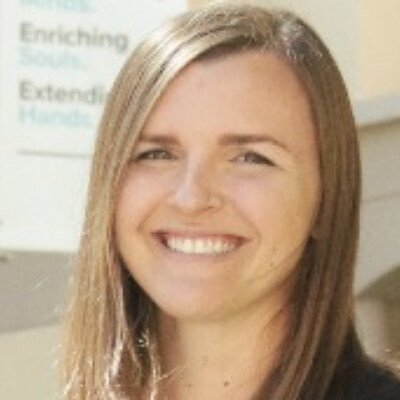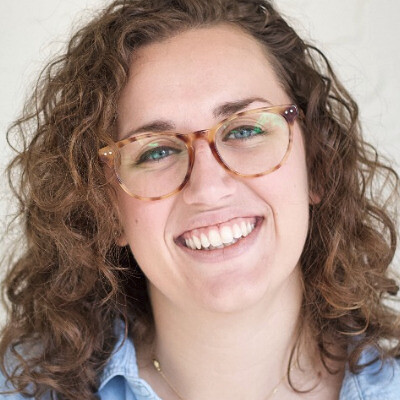Palliative and end-of-life care requires an interprofessional approach as multiple healthcare professionals are needed to collaborate for the physical, psychological, social, and spiritual care of the patient. This presentation highlights how an academic institution leveraged a community partnership to develop a meaningful palliative and end-of-life care interprofessional simulation session, with expert-led discussion and treatment planning. This session aimed to improve self-efficacy in providing end-of-life care and promoting interprofessional collaboration for nursing, pharmacy, and chaplaincy students. Two tools were utilized for data collection, the Palliative Care Self-Efficacy Scale (PCSES) and the Interprofessional Collaborative Competency Attainment Scale-Revised (ICCAS-R).
This presentation is aligned with the summit theme of “Advancing Interprofessional Care through Practice-Education Partnerships” by emphasizing collaboration with community experts in the design, care plan, and debriefing phases of the simulation. Local palliative and hospice physicians, nurses, and a chaplain actively engaged with students in small group discussions on the proper treatment plan for their simulated patient interaction and discussed from each of their professional lens, the various implications when caring for this population. They provided real-world experience to make the simulation a realistic and impactful experience.
This presentation highlights that involving community partners, such as practicing physicians, nurses, and chaplains, further enhances learning outcomes and interprofessional communication. Integrating real-world experts into simulations enriches the educational experience by bringing theory and practice together.
This presentation meets the priority criteria of meaningful engagement of community partners. While most simulations rely on faculty facilitators, this session was distinguished by the active involvement of practicing palliative and hospice care providers. Virtual meetings were held with community partners to develop the scenario and make changes as appropriate to ensure realism. On the simulation day our community partners gave a presentation, discussed their roles and responsibilities on the care team, led small group discussions, and ensured students knew how to react to real-world concerns for patients in palliative and end-of-life care.
In support of improving patient care, this activity is planned and implemented by The National Center for Interprofessional Practice and Education Office of Interprofessional Continuing Professional Development (National Center OICPD). The National Center OICPD is accredited by the Accreditation Council for Continuing Medical Education (ACCME), the Accreditation Council for Pharmacy Education (ACPE), and the American Nurses Credentialing Center (ANCC) to provide continuing education for the healthcare team.
As a Jointly Accredited Provider, the National Center is approved to offer social work continuing education by the Association of Social Work Boards (ASWB) Approved Continuing Education (ACE) program. Organizations, not individual courses, are approved under this program. State and provincial regulatory boards have the final authority to determine whether an individual course may be accepted for continuing education credit. The National Center maintains responsibility for this course. Social workers completing this course receive continuing education credits.
The National Center OICPD (JA#: 4008105) is approved by the Board of Certification, Inc. to provide continuing education to Athletic Trainers (ATs).
This activity was planned by and for the healthcare team, and learners will receive Interprofessional Continuing Education (IPCE) credit for learning and change.


Physicians: The National Center for Interprofessional Practice and Education designates this live activity for AMA PRA Category 1 Credits™. Physicians should only claim credit commensurate with their participation.
Physician Assistants: The American Academy of Physician Assistants (AAPA) accepts credit from organizations accredited by the ACCME.
Nurses: Participants will be awarded contact hours of credit for attendance at this workshop.
Nurse Practitioners: The American Academy of Nurse Practitioners Certification Program (AANPCP) accepts credit from organizations accredited by the ACCME and ANCC.
Pharmacists and Pharmacy Technicians: This activity is approved for contact hours.
Athletic Trainers: This program is eligible for Category A hours/CEUs. ATs should claim only those hours actually spent in the educational program.
Social Workers: As a Jointly Accredited Organization, the National Center is approved to offer social work continuing education by the Association of Social Work Boards (ASWB) Approved Continuing Education (ACE) program. Organizations, not individual courses, are approved under this program. State and provincial regulatory boards have the final authority to determine whether an individual course may be accepted for continuing education credit. The National Center maintains responsibility for this course. Social workers completing this course receive continuing education credits.
IPCE: This activity was planned by and for the healthcare team, and learners will receive Interprofessional Continuing Education (IPCE) credits for learning and change.
Learners can claim CE credit by completing the Daily Evaluation.



